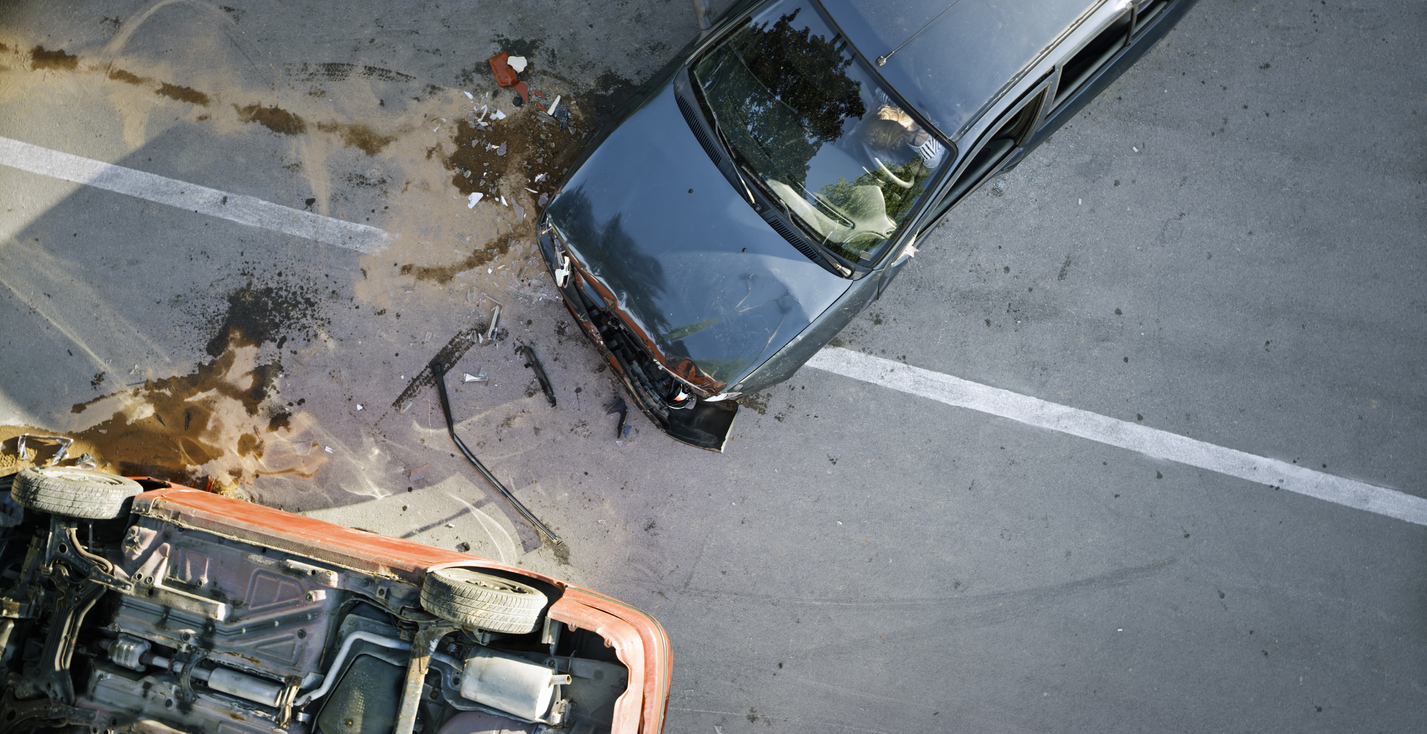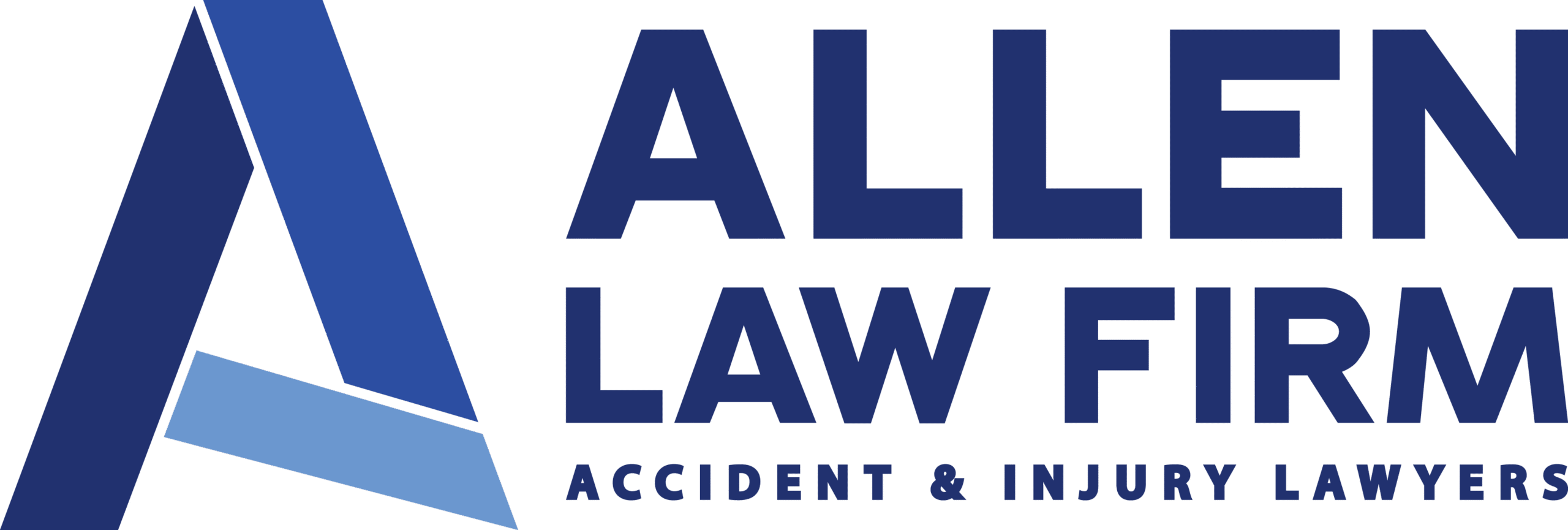How to Sue Someone for Property Damage in Gainesville, FL
Bill Allen | October 24, 2024 | Property Damage

The most common forms of property damage that inspire lawsuits in Gainesville, Florida, are car accidents, water damage, and fire damage. However, these are just a few possible types of property damage you might experience.
Car Accidents
Many cars suffer damage in Florida car accidents each year. In many cases, the driver whose car suffered damage caused the accident themselves. In other cases, the at-fault driver was uninsured, rendering it useless to file a lawsuit against them. If you have uninsured motorist insurance, however, you can file a claim against your uninsured motorist policy.
In other cases, however, the at-fault driver carried property damage liability (PDL) insurance. In such cases, settlement negotiations or litigation is the appropriate way to receive compensation for property damage.
The Florida car accident property damage insurance system is based on the property damage liability insurance (PDL) insurance system. Unlike the personal injury system, Florida’s PDL system is fault-based. Once you determine whose fault the accident was, you can sue them for the damage to your vehicle, at least up to the limits of your policy. The minimum legal PDL policy is $10,000, but you can purchase more if you so desire.
Water Damage
Damage from leaky pipes, floods, or bad plumbing often leads to property damage lawsuits. These often arise in the context of landlord-tenant disputes or against contractors. You might also sue an insurance company if they unfairly deny your claim. Homeowners insurance typically covers water damage, but it will not cover water damage from flooding.
Fire Damage
In a worst-case scenario, fire damage can utterly destroy your home and all of your belongings. It might also damage neighboring houses. Two of the most common causes of fire damage are faulty electrical wiring (negligence) and arson (intentional tort). Lesser forms of fire damage include smoke damage. Homeowners’ insurance will generally cover fire damage. It will not cover arson, however, if you or someone connected with you committed the arson.
Other Forms of Property Damage
Other common forms of property damage include:
- Construction defects
- Construction zone accidents
- Damage from animals or pests
- Environmental damage
- Landlord-tenant disputes: Damage beyond normal wear and tear
- Product liability issues
- Storm damage
- Structural damage from neighboring properties
- Vandalism
All of these forms of property damage can result in high levels of compensation. Defective factory equipment, for example, might destroy an entire factory and put a company out of business.
Comparative Negligence
You might end up with less than the full amount of your losses if the incident that caused your property damage was partly your fault. In a car accident, for example, both you and the defendant might have been violating traffic laws at the time of the accident.
Florida uses a modified comparative negligence approach. If your percentage of fault is 50% or less, you can still recover, but your percentage of fault will reduce your amount of recovery. For example, if you are found to be 30% at fault, your compensation will be reduced by 30%. If your percentage of fault is over 50%, you will lose your right to compensation completely.
Consider Settling Instead of Suing
In many legal disputes, parties opt to settle out of court rather than proceeding to a full trial. Settlement is common because it offers a faster, less costly, and more predictable resolution than litigation. In fact, even after a lawsuit is filed, most cases still end in a settlement, as the court process can be lengthy, stressful, and financially draining for all involved.
Settling a case allows both parties to negotiate terms privately, often leading to a mutually agreeable solution that they control rather than a decision imposed by a judge or jury. Speak with a lawyer to discuss your options.
How to File a Property Damage Lawsuit
To file a property damage lawsuit in Gainesville, Florida, you must find the right court:
- Small claims court (claims up to $8,000),
- The County Court (claims over $8,000 but no higher than $30,000), or
- The Circuit Court (for claims over $30,000).
You need to file a formal complaint with the court clerk, pay the filing fee, and have a neutral third party serve notice of the lawsuit on the defendant.
You generally have four years from the date of the damage to file a lawsuit. Talk to your lawyer about this, however, because exceptions abound.
Appeals
You generally have 30 days from the entry of judgment to appeal a property damage lawsuit you don’t agree with. Check with your lawyer, however, because the deadline often depends on which court you filed your claim with. Do keep in mind that appeals can be difficult to win.
Should I Seek a Gainesville, Florida Property Damage Lawyer Near Me?
It is wise to consider retaining a lawyer if you have experienced property damage. A Gainesville property damage lawyer is likely to obtain far more compensation than you could get on your own. This reality applies whether you sue or settle out of court. Contact Allen Law Accident & Injury Lawyers today to schedule a personalized, complimentary consultation with a Gainesville property damage lawyer.
Contact Our Gainesville Property Damage Law Firm in North Central Florida
If you need legal assistance after an auto accident or you’re dealing with bad faith insurance practices, contact the Gainesville property damage lawyers at Allen Law Accident & Injury Lawyers at your nearest location to schedule a free consultation today.
We have three convenient locations in North Central Florida:
Allen Law Accident & Injury Lawyers – Gainesville office
2550 SW 76th St #150
Gainesville, FL 32608
(877) 255-3652
Allen Law Accident & Injury Lawyers – Downtown Gainesville
621 W University Ave
Gainesville, FL 32601
(866) 928-6292
Allen Law Accident & Injury Lawyers – Ocala Office
112 S Pine Ave
Ocala, FL 34471
(352) 351-3258

